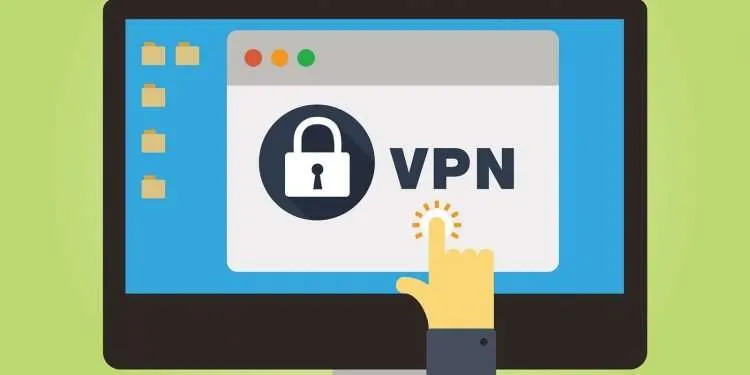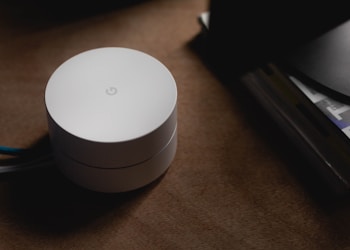A VPN can help you avoid long-distance phone bills and keep your data private. It can also improve performance and reduce long-distance phone charges. In addition, many ISPs are aware of VPNs and are aware that they can encrypt your data. These benefits are well worth the expense of installing a VPN on your computer.
ISPs Are Aware Of VPNs
A Virtual Private Network (VPN) works by encrypting all of your internet traffic. This means that your ISP cannot read what you’re doing online and, therefore, can’t spy on you. So while your ISP can see the size of your incoming and outgoing traffic, it won’t be able to see the content you’re accessing.
If you want to stay anonymous online, it’s best to use a VPN service. First, you must ensure that you’re using a reliable VPN provider. VPNs are not as anonymous as they sound. If your ISP is monitoring your activity on the Internet, they can use it to determine whether or not you are using a VPN. This is because they track your IP address. A VPN service hides your IP address from your ISP by encrypting your data before sending it to a website.
VPNs Encrypt Data
VPNs encrypt data, protecting your online activity from being read by anyone else. To use a VPN, you must be connected to the Internet. Once connected, data is divided into packets and passed through an encrypted VPN tunnel. Once encrypted, data cannot be read until it reaches its intended recipient. No ISP or hacker can read your data or obtain your browsing history.
In addition to securing your information, VPNs also help you stay anonymous. Unlike ISPs, which can share your search history and other information with third parties, VPNs encrypt data and hide your IP address.
VPNs Can Reduce Long-Distance Phone Charges.
Virtual private networks (VPNs) are an excellent way to reduce long-distance phone costs. They work by bypassing public infrastructures such as capacity lines and security, routing traffic through a local ISP instead. This means that you can avoid paying astronomical long-distance phone charges.
However, you must remember that using a VPN will increase the amount of data you use on your phone, ranging from five to fifteen percent more.
Another downside of a VPN is that it will slow down your internet connection. As the data travels through another server, its speed will be affected by distance, bandwidth limitations, and overloaded networks. Hence, trying a VPN trial version before paying for one is best.
VPNs Can Improve Performance.
VPNs can improve performance by reducing the time it takes a packet of data to travel between two points. This is often called “ping time” and can be frustrating, especially if you’re using your Internet for bandwidth-intensive activities. VPNs can make your internet experience faster and more enjoyable by reducing ping time.
Ping can impact performance in various applications, including gaming. High ping can make your gameplay sluggish, especially in multiplayer modes. Many factors can lead to high ping, including a slow Internet connection and faulty Wi-Fi.
VPNs Can Protect You From Hackers.
A VPN can help protect you from hackers by masking your IP address and encrypting the data you send and receive. This prevents hackers from viewing your information and listening in on the conversations you’re having. Your personal information, such as your Social Security number, bank account information, and driver’s license number, is protected.
Hackers can also use DDoS attacks to target your computer and turn it into part of a botnet. Fortunately, a VPN can protect your data from such attacks by using multiple servers in different countries. A VPN can also mask your IP address, preventing hackers from seeing your identity.











